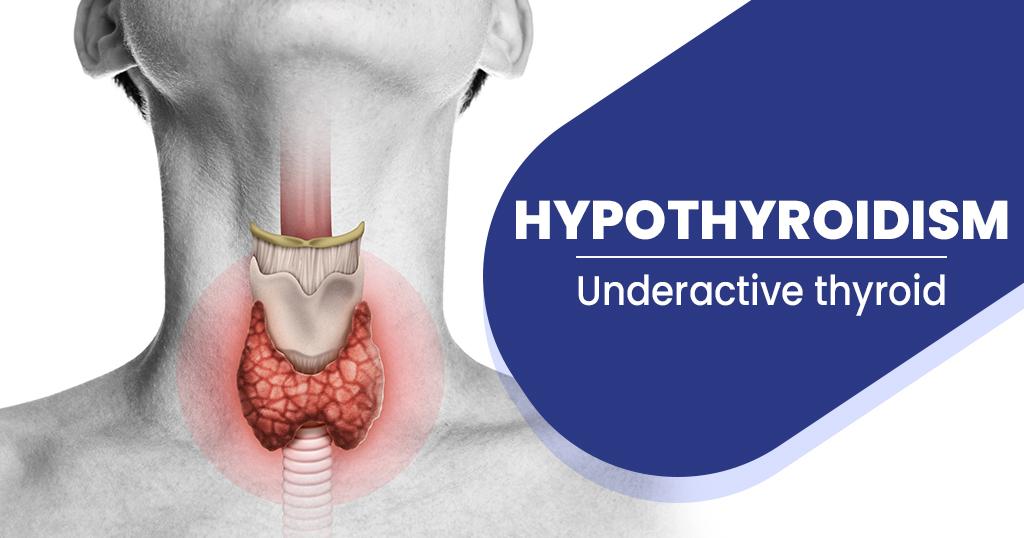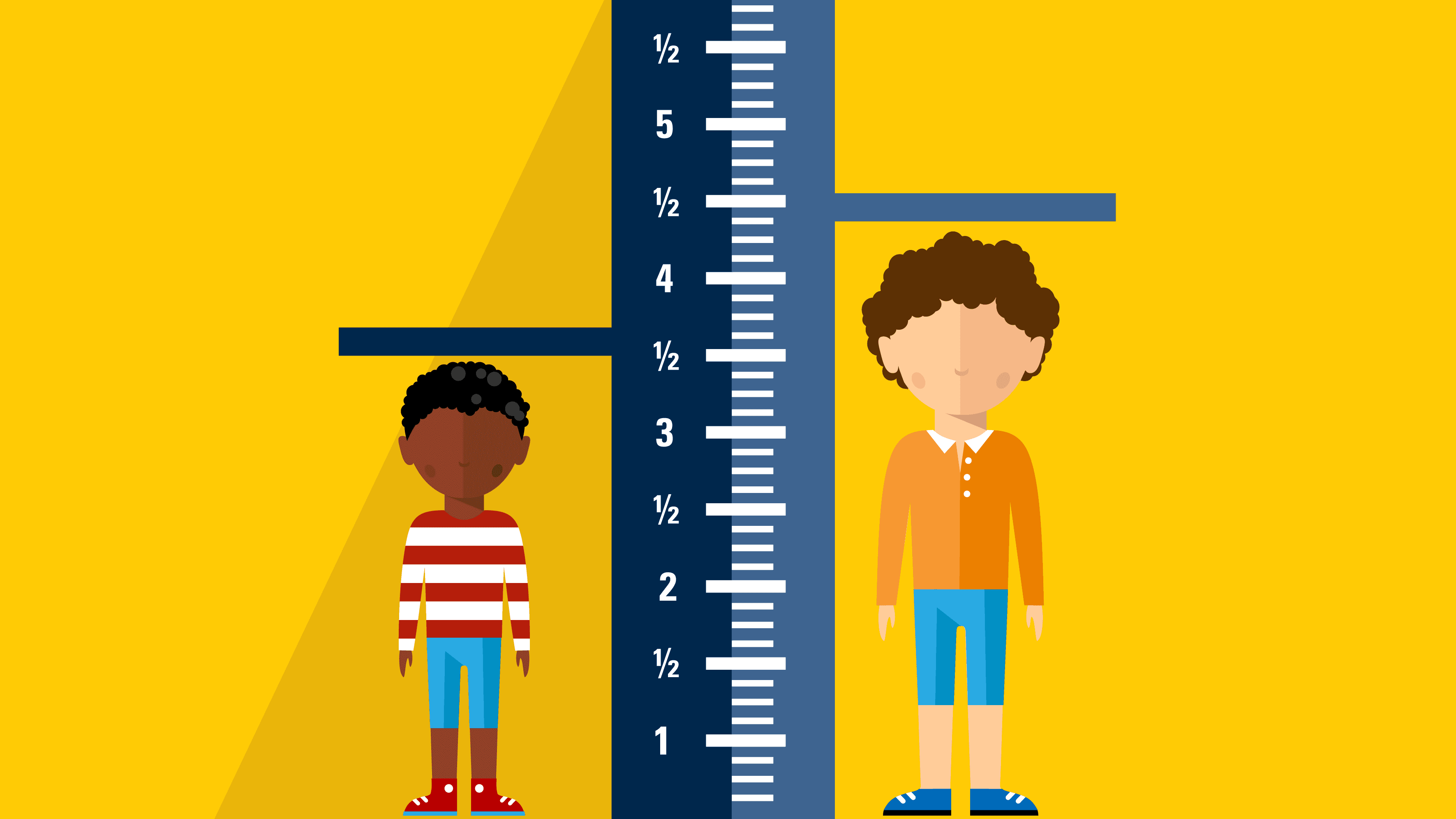
Diabetes Reversal
Diabetes reversal, also known as diabetes remission, is the process by which individuals with type 2 diabetes achieve and maintain normal blood glucose levels without the need for medication. This concept has gained considerable attention as research shows that significant lifestyle changes can effectively reverse type 2 diabetes. The key strategies for diabetes reversal include dietary modifications, increased physical activity, weight loss, and sometimes, medical procedures.
Dietary Modifications
A low-calorie, low-carbohydrate diet is often recommended to help reverse diabetes. Reducing sugar and refined carbs can significantly improve blood sugar levels. Focus on consuming whole foods such as vegetables, lean proteins, whole grains, and healthy fats. A well-balanced diet helps manage blood glucose levels and promotes weight loss.
Physical Activity
Regular physical activity is crucial in diabetes reversal. Exercise improves insulin sensitivity, allowing the body to use glucose more effectively. Incorporating both aerobic exercises, such as walking or cycling, and resistance training, like weight lifting, can be beneficial.
Weight Loss
Achieving and maintaining a healthy weight is one of the most effective ways to reverse diabetes. Even a modest weight loss of 5-10% of body weight can lead to significant improvements in blood sugar control. Bariatric surgery is also an option for some individuals, which has shown high rates of diabetes remission.
Medical Procedures
In some cases, medical procedures such as bariatric surgery might be considered. These procedures have shown high success rates in diabetes remission, particularly in patients with severe obesity.



